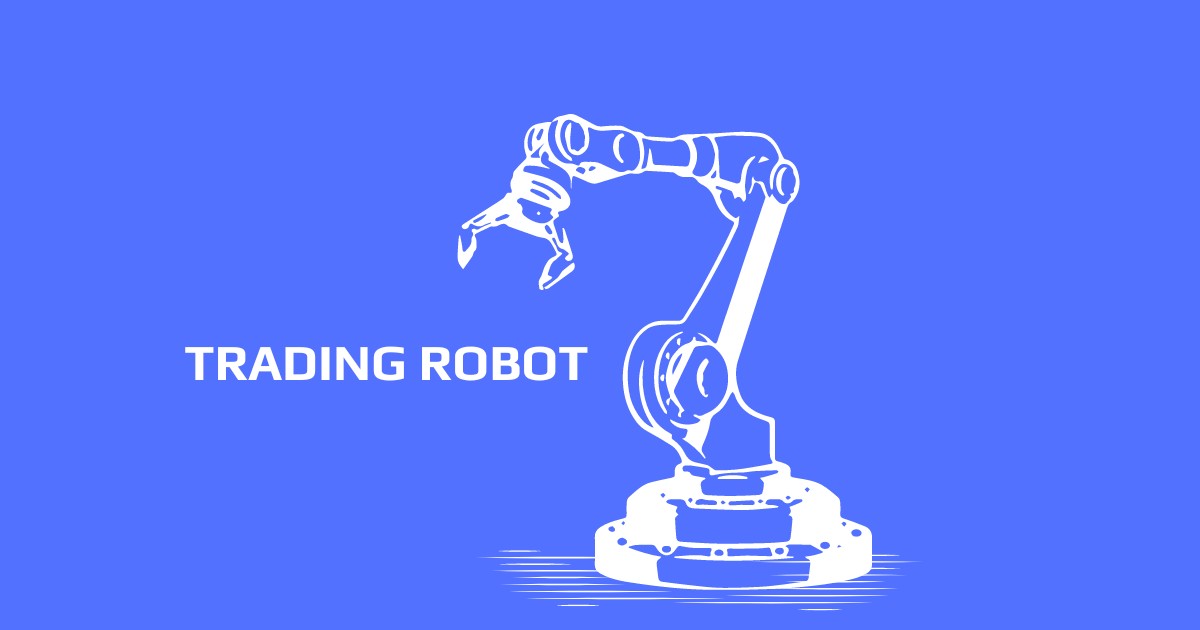Completing an RPA UiPath Developer course is a significant achievement. However, the journey doesn’t end there.
Many students and learners struggle to find real-time projects that provide the hands-on experience necessary to solidify their knowledge and skills.
As an experienced RPA UiPath Developer, I understand these challenges and aim to provide comprehensive technical support and guidance to help you excel in real-world scenarios.
Building Real-Time Experience
Understanding the RPA Lifecycle
To effectively apply your learning, you must understand the complete RPA lifecycle. This includes:
- Requirement Gathering: Accurately capturing business requirements.
- Solution Design: Designing a robust automation solution.
- Development: Coding and configuring UiPath processes.
- Testing: Conducting thorough testing to ensure reliability.
- Deployment: Implementing the automation in a live environment.
- Maintenance: Ongoing support and optimization.
Key Areas of Focus
UiPath Studio
UiPath Studio is the development environment where you create automation workflows. To gain proficiency:
- Practice Building Workflows: Start with simple processes and gradually move to complex automations.
- Use Built-in Activities: Familiarize yourself with a wide range of activities available in UiPath Studio.
- Custom Activities: Learn to create custom activities using .NET, C#, or Python for specialized needs.
UiPath Orchestrator
UiPath Orchestrator is crucial for managing, deploying, and monitoring your automation projects.
- Environment Setup: Learn to set up and configure Orchestrator environments.
- Job Scheduling: Practice scheduling and managing jobs for different processes.
- Asset Management: Understand how to use assets and queues effectively.
Real-Time Scenarios and Best Practices
Scenario 1: Automating Invoice Processing
Problem: Automating the extraction and processing of invoice data.
Solution:
- Document Understanding: Utilize UiPath Document Understanding capabilities to extract data from invoices.
- Data Validation: Implement validation rules to ensure data accuracy.
- Integration: Integrate with ERP systems for seamless data transfer.
Best Practices:
- Use the RE Framework for structured and scalable automation.
- Implement exception handling to manage unexpected issues.
Recommended to Read:
RPA Lifecycle: Ultimate Guide for UiPath Development Success
Validate and Verify datatables in Web application using RPA UiPath
Automating Invoice Validation: Leveraging UiPath for Outlook Email Data

Scenario 2: Customer Support Automation
Problem: Automating repetitive customer support tasks.
Solution:
- Email Automation: Automate the extraction and response to customer emails.
- Chatbots: Integrate with chatbots for handling common customer queries.
- CRM Integration: Automate data entry and updates in CRM systems.
Best Practices:
- Ensure robust error handling and logging mechanisms.
- Regularly update and maintain automation scripts to adapt to changing requirements.
Find the RPA UiPath – Scenario-Based Interview Questions and Answers for RPA Developers
Scenario 3: Data Migration
Problem: Automating the migration of data between legacy and new systems.
Solution:
- Data Extraction: Use UiPath to extract data from legacy systems.
- Data Transformation: Implement data transformation logic to fit the new system’s format.
- Data Loading: Automate the data loading process into the new system.
Best Practices:
- Perform extensive testing to ensure data accuracy and integrity.
- Document the automation process for future reference and maintenance.
Enhancing Your Skills
Continuous Learning
- Online Resources: Leverage UiPath Academy, forums, and other online resources to stay updated.
- Community Involvement: Participate in RPA community events, hackathons, and forums to gain insights and network with peers.
Mentorship and Collaboration
- Mentorship: Seek guidance from experienced professionals to navigate complex scenarios.
- Collaboration: Work on collaborative projects to enhance your teamwork and problem-solving skills.

Get Hands-on RPA UiPath Development Technical Support for Real-Time Projects
Are you struggling to find real-time projects to apply your RPA UiPath skills after completing your course? Many students and learners face this challenge.
As an experienced RPA UiPath Developer, I am here to provide the mentorship and technical support you need to bridge the gap between theoretical knowledge and practical application. Get RPA UiPath Technical Job Support from Industry Expert
Why You Need a Mentor
Having a mentor can make a significant difference in your career trajectory. A mentor provides:
- Guidance: Navigate complex projects with expert advice.
- Technical Support: Get help with coding, debugging, and best practices.
- Real-Time Scenarios: Work on actual projects to gain practical experience.
- Career Growth: Enhance your skills to secure high-paying jobs.
My Expertise
With years of experience in RPA UiPath Development, I specialize in:
- UiPath Studio: Mastery in building and optimizing workflows.
- UiPath Orchestrator: Expertise in deployment and monitoring.
- RPA Processes: Comprehensive knowledge of end-to-end RPA processes.
- Requirement Gathering & Solution Design: Crafting robust automation solutions.
- Coding & Testing: Ensuring reliability through thorough testing and debugging.
- RE Framework: Utilizing the best practices for scalable automation.
Real-Time Project Scenarios
Here are some real-time scenarios you can work on with my guidance:
- Automating Invoice Processing: Learn to use UiPath Document Understanding and integrate with ERP systems.
- Customer Support Automation: Automate email responses, integrate with chatbots, and update CRM systems.
- Data Migration: Extract, transform, and load data between legacy and new systems.
How I Can Help
- Technical Support: Get answers to your questions and overcome obstacles.
- Task Assignment: Receive real-time tasks for evaluation and hands-on practice.
- Career Guidance: Learn the skills needed to secure high-paying jobs.
- Job Support: Assistance with completing tasks where you are stuck.
Contact Me
Ready to take your RPA UiPath skills to the next level? Reach out to me for mentorship and technical support.
- Email: [email protected]
- Mobile: +91 9703181624
Let’s work together to transform your learning into real-world expertise and career success.
Conclusion
Transitioning from a course completion to real-time project experience can be challenging but immensely rewarding.
By focusing on practical scenarios and best practices, you can bridge the gap between theoretical knowledge and practical application.
With the right support and resources, you’ll be well-equipped to excel in the dynamic field of RPA UiPath Development. Remember, continuous learning and hands-on practice are key to mastering this domain.
15 RPA Developer Interview Q & A by Senior RPA Dev
Unlocking the Power of UiPath AI Units
Automating Invoice Validation: Leveraging UiPath for Outlook Email Data
Best RPA Training using UiPath – RPA Certification Course from basic to advanced level training.
Get RPA UiPath Online Technical JOB Support from India
Related Articles
Prompt Engineering with Guardrails: Safety-First Design for LLMs
Prompting Is More Than Just Chatting with AI When most people think of using AI, they imagine chatting with a bot. But under the hood, what truly...
Semantic Search Optimization (SSO): The Missing Link in AI-Driven SEO
Almost every SEO thread today is echoing the same tune—"SEO is Dead", and the future belongs to AEO and GEO. You're probably resharing, discussing,...
Why Learning AI SEO Still Matters – Master Future-ready SEO Course
Let’s be honest. If you’ve been thinking about learning SEO in 2025, you’ve probably run into the same noise everywhere: “SEO is dead.” “Google...
Live Workshop on AI-Powered SEO – LLM Optimization Strategies and Tricks
Search has changed. Has your SEO strategy? This exclusive Live Workshop on AI-Powered SEO gives you the tools, tactics, and real-time practice to...
A Python Developer’s Guide to Getting Technical Support with Generative AI
A Python Developer’s Guide to Getting Technical Support with Generative AI and LangChain, GPT-4 APIs Tasks Building with Generative AI is exciting....
Behind the Scenes: How Expert Python Developers Handle LLMs, AI Automation Tasks
The rise of Generative AI (GenAI) has revolutionized how we build intelligent systems. Behind every polished AI chatbot, automated knowledge...
